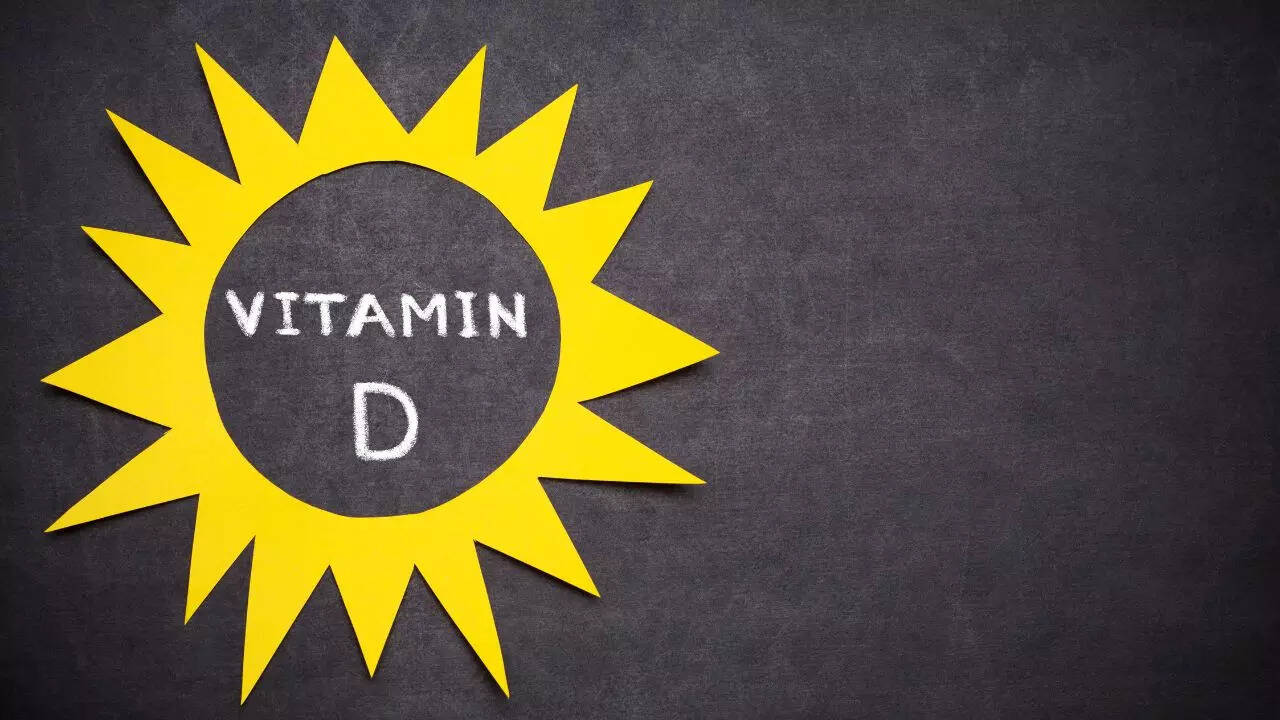
Persistent fatigue could signal a vitamin B12 deficiency, a concern affecting nearly half of the Indian population. Cardiologist Dr. Alok Chopra highlights B12's crucial role in energy production, DNA synthesis, and nervous system function. Found in fish, poultry, and fortified foods, B12 deficiency can lead to fatigue, pale skin, and neurological issues. While supplements and fortified foods can help, Dr.
Do you feel tired all the time? Persistent fatigue is not normal. Feeling exhausted, even after a restful night, signals an underlying issue. Fatigue is one of the signs of vitamin B12 deficiency.
This nutrient is responsible for some of the important functions in the body, including DNA synthesis, energy production, and central nervous system function. Despite its importance, about 47% of the Indian population has a vitamin B12 deficiency, according to a 2019 study. Dr. Alok Chopra, a renowned cardiologist and functional medicine expert, emphasizes the vital role of vitamin B12, its dietary sources, and the risks associated with deficiency, especially in vegetarians.What is vitamin B12
What are the sources of vitamin B12

Vitamin B12 is naturally present in foods like fish, poultry, eggs, and milk. However, it absent in most plant-based foods unless fortified. “Vegetarians always have a problem with not having enough B12,” the doctor said.
Plant-based foods generally do not contain B12, but fortified foods like nutritional yeast and certain cereals can serve as reliable sources. He suggested that vegetarians can take supplements or B12-fortified products to meet daily requirements.
What are the functions of vitamin B12

Vitamin B12 is responsible for several important functions in the body. This nutrient plays a pivotal role in the production of healthy red blood cells and prevents megaloblastic anemia.
It also helps in the replication and maintenance of DNA in the cells. Vitamin B12 also maintains the health of nerve cells and supports the proper functioning of the nervous system. It also has a crucial role in converting carbohydrates into glucose. Vitamin B12 is also vital for brain health.
It boosts memory, focus, and overall cognitive health, and also reduces the risk of neurodegenerative diseases. This nutrient has a significant role in heart health.
Vitamin B12 helps regulate homocysteine levels in the blood, thereby reducing the risk of cardiovascular disease. It also helps in mood regulation, bone health, skin, hair, and nail health, and boosts the immune system.
5 superfoods packed with both Vitamin B and Vitamin C
What are the signs of vitamin B12 deficiency

Despite its crucial role in the body, vitamin B12 deficiency is very common. Some of the signs of vitamin B12 deficiency include:
- Fatigue
- Pale or yellow skin
- Headaches
- Depressive symptoms
- Gastrointestinal issues
- Difficulty focusing
- Glossitis and mouth ulcers
- Weight loss
- Feeling unwell
“Deficiency can be cured by adequate nutrition, intramuscular injections or even oral B12 therapy,” the cardiologist said. The doctor also cautioned about the negative effects of excessive intake of vitamin B12. “Overuse can cause diarrhea, itching, rashes, headache, dizziness, nausea, and heart failure. Patients with optic neuropathy, polycythemia, gout, iron, folate deficiency, and when there are low potassium levels, you must consult a doctor.”Do not take with certain other nutrients

 3 hours ago
45
3 hours ago
45




























 English (US)
English (US)